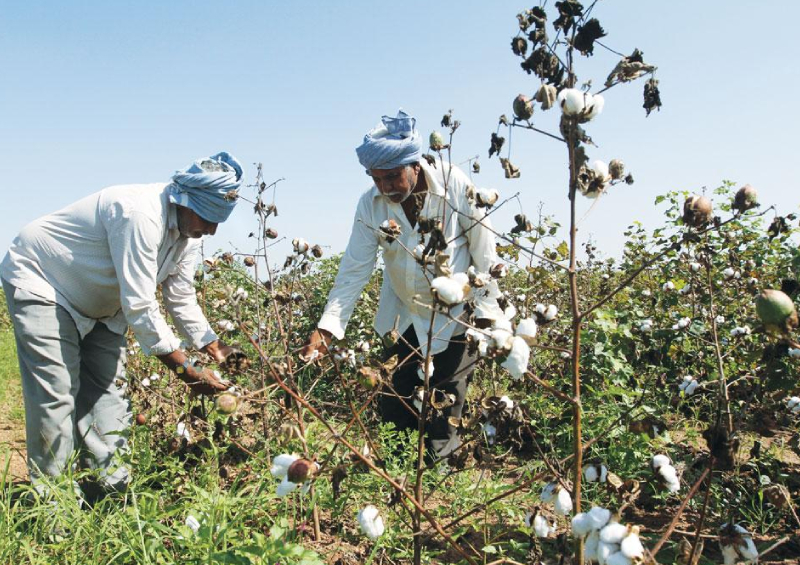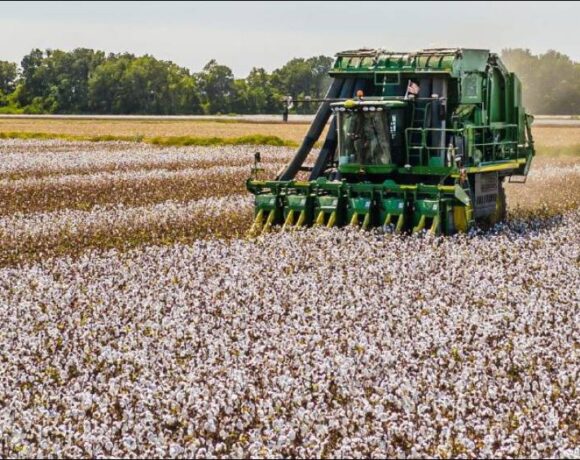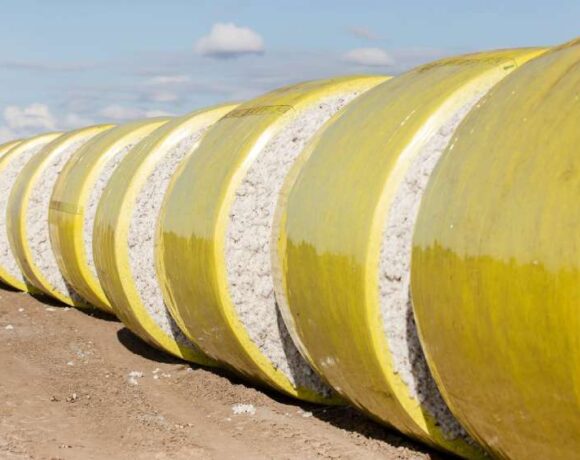IIED & AIDMI Study Highlights Adverse Impact Of Climate Change On Cotton Farmers In Gujarat And Maharashtra

A new report by the International Institute for Environment and Development (IIED) and the All India Disaster Mitigation Institute (AIDMI), titled “Building Resilience for Cotton Farmers in India,” highlights the climate challenges faced by smallholder cotton farmers in Gujarat and Maharashtra. This in-depth study, drawing from surveys and focus group discussions (FGDs) with 360 farmers, reveals the increasing impacts of climate change on India’s largest cotton-producing states.
Over recent years, cotton farmers have faced more frequent extreme weather, including heatwaves, erratic rainfall and extended dry spells, leading to severe crop losses and impacting income. Farmers reported that droughts and floods are especially damaging, with more than half experiencing major or total losses from these events. Women farmers, who are deeply involved in agricultural activities, face unique challenges as they also handle household responsibilities. As the report notes, women are particularly affected by climate shocks, which disrupt family nutrition, children’s education and daily income.
Crop insurance, while available, remains underutilized, particularly in Gujarat, where the national insurance scheme is no longer active. Maharashtra farmers are more likely to use the government’s Pradhan Mantri Fasal Bima Yojana (PMFBY) for crop coverage.
However, awareness and uptake of insurance remain limited, with only two-thirds of surveyed farmers having any form of crop insurance. Common barriers include high premiums, complex application processes and delayed payouts, which have discouraged widespread adoption. Farmers reported they often lack clarity on how insurance works or how to access government schemes.
To support the cotton sector’s climate resilience, the report calls for improved awareness campaigns to educate farmers about risk management tools, such as insurance and government assistance programmes. It further recommends co-developing affordable insurance schemes with input from farmers to ensure practical, cost-effective solutions. Besides insurance, alternative resilience mechanisms like SEWA’s Livelihoods Resilience and Recovery Fund could help farmers respond to immediate needs without the delays associated with formal insurance.














